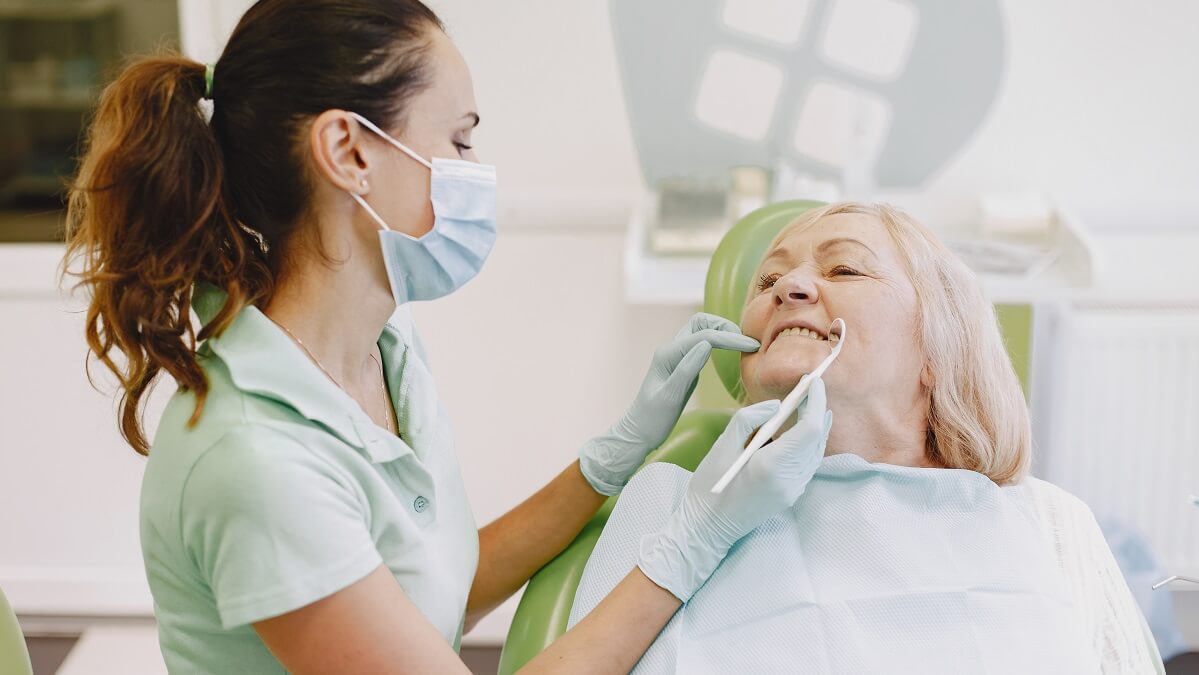With COVID restrictions well behind us, dentists are once again open for business and many of you have a check-up on your to-do list.
The problem is, COVID was a pretty convenient excuse for avoiding the costs associated with going to the dentist.
According to a Patient Experience Survey conducted by the Australian Institute of Health and Welfare (2020–21), around 32 per cent of respondents who needed to see a dental professional delayed or did not see one in the previous 12 months. And it found that 15 per cent of those said cost was the main reason.
How much does a dental check-up cost and how can you pay for it?
The Australian government generally doesn’t cover the cost of dental services in the same way it covers other health services. Also, there are no standard fees for dentists, which means out-of-pocket costs for patients can vary wildly.
According to the Australian Dental Association, the average cost of a routine check-up and clean is $214 (although this can jump to $296).
Public dental services for adults are can sometimes be available for Pension Card holders or by referral.
Does private health insurance cover the cost of dental?
The good news is that private health insurance covers some of the cost of dental treatment. But … dental cover and the amount you can get back varies wildly from policy to policy.
Every health fund covers different services at different levels. This is where it literally pays to do your homework. The cheapest extras policies can offer anywhere between 60 per cent to 100 per cent back for a check-up.
All extras policies will cover general dental treatments, such as a check-up, scale and clean, but major dental work and orthodontics tend to sit in more expensive policies.
Any dental work done at a hospital – such as wisdom teeth extraction – generally sits under hospital cover. This is different from extras and you’ll need to take out both if you think you need this treatment.
Most health funds will have preferred providers – these are dentists who have an agreement with a health fund and generally give you higher rebates.
Bigger health funds, such as Bupa, HCF and nib, have their own dental centres with higher rebates depending on your level of cover. Smaller funds may also have their own dental centres, but they tend to be nearer to where the insurer is based. For example, Westfund has a dental centre near their headquarters in Lithgow, NSW.
Be aware: There are annual limits on how much you can claim back at the dentist. These are usually higher with more expensive levels of extras cover. Anything above this limit will be 100 per cent out of pocket.
How can you avoid bill shock at the dentist?
The first answer is the most obvious. Regular check-ups should help prevent issues before they get painful – and painfully expensive.
There’s no one way to avoid dental bills and it will be different for everyone, but there are a few tactics that can help.
1. Compare dentists
Always check how much the service will cost when booking a dental appointment. You can also get the item number of the service and then ring around other dentists to compare prices.
Tip: Check if your preferred dentist has an agreement with your health fund. This may also help put more back into your pocket.
2. Compare private health insurance for dental
As mentioned earlier, not all health insurance extras plans are equal. There’s even quite a lot of difference in dental coverage and rebates between similarly priced policies.
If dental is your number one priority, compare policies from different funds.
3. Budget for dental costs
Even savvy consumers with good dental cover will face out-of-pocket costs. It doesn’t hurt to squirrel away a bit of cash for those dental procedures.
4. Explore payment plans
If you don’t have an emergency fund ready for dental work (because, you know, life …), many surgeries offer payment plans that allow you to pay for a procedure in instalments.
The bottom line
Taking care of your teeth is essential for good overall health and wellbeing, but it may not be cheap. Be smart when it comes to picking a health insurance policy for dental. A little bit of research can go a long way to keeping costs down.
This article originally appeared on Expert Analysis and is republished with permission.
Do you find it difficult to maintain regular dental check-ups? Should Medicare cover dental? Why not share your thoughts in the comments section below?

